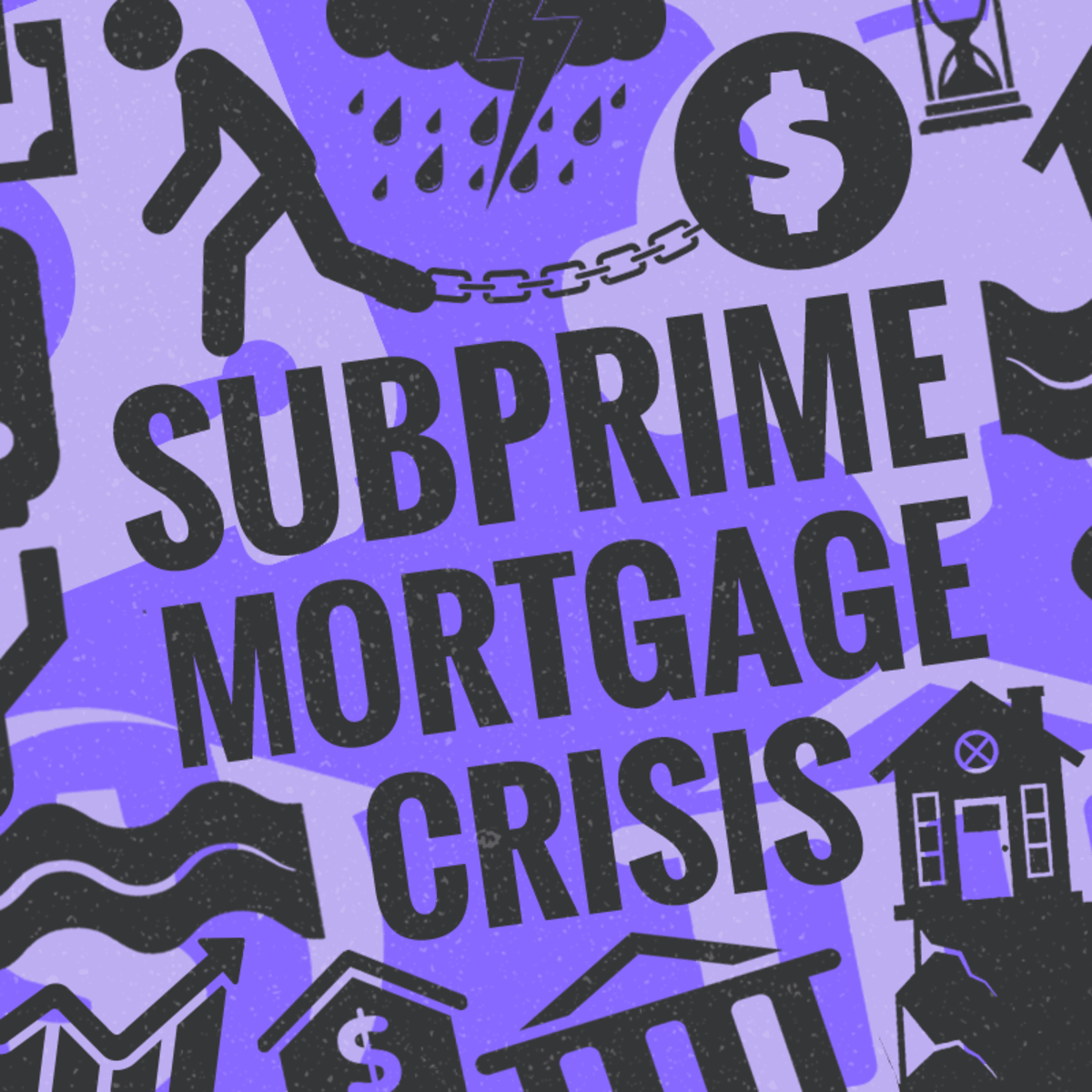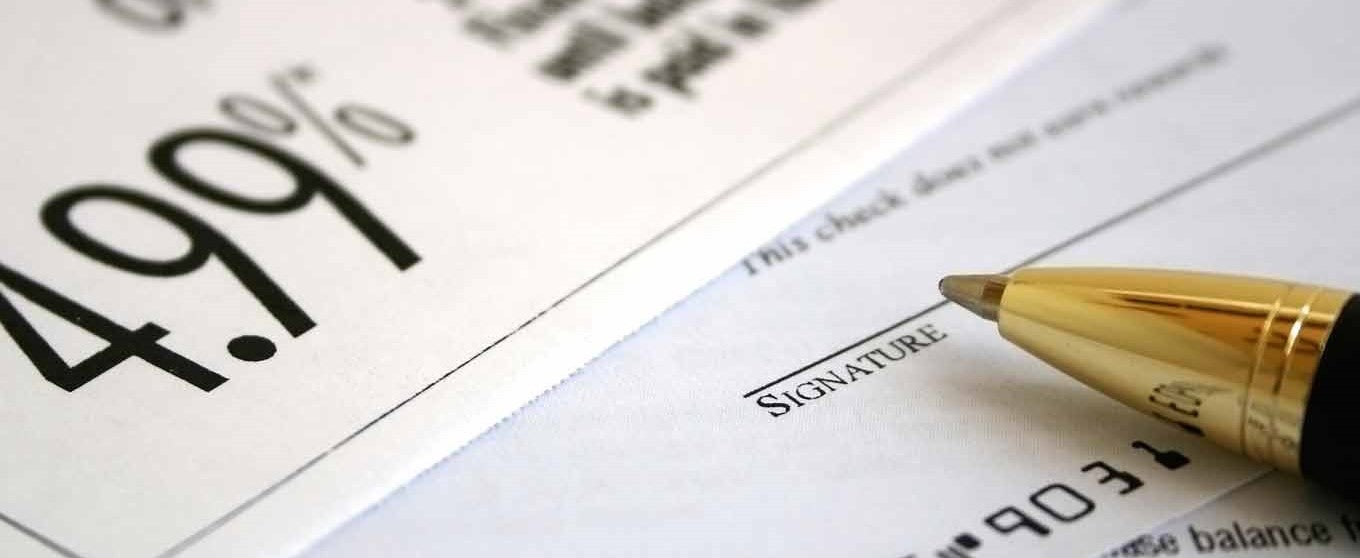Top Guidelines Of School Lacks To Teach Us How Taxes Bills And Mortgages Work
Opportunities are, you've seen commercials boasting the advantages of a reverse home loan: "Let your house pay you a month-to-month dream retirement income!" Sounds great, best? These claims make a reverse mortgage sound practically too excellent to be real for senior homeowners. However are they? Let's take a better look. A reverse home loan is a type of loan that utilizes your home equity to supply the funds for the loan itself.
It's generally a chance for senior citizens to take advantage of the equity they have actually built up over several years of paying their home loan and turn it into a loan on their own. A reverse mortgage works like a routine mortgage because you have to apply and get authorized for it by a loan provider.
But with a reverse home loan, you do not pay on your house's principal like you would with a regular mortgageyou take payments from the equity you've constructed. You see, the bank is providing you back the cash you have actually currently paid on your house however charging you interest at the very same time.
Appears easy enough, right? But here comes the cringeworthy truth: If you die before you've sold your house, those you leave behind are stuck to 2 alternatives. They can either pay off the complete reverse home loan and all the interest that's stacked up for many years, or surrender your house to the bank.
Like other types of home loans, there are different types of reverse home mortgages. While they all basically work the same way, there are three main ones to learn about: The most typical reverse home loan is the House Equity Conversion Home Mortgage (HECM). HECMs were developed in 1988 to help older Americans make ends satisfy by permitting them to tap into the equity of their homes without having to leave.

The 6-Minute Rule for What Is The Harp Program For Mortgages
Some folks will utilize it to pay for bills, vacations, home remodellings and even to pay off the staying quantity on their regular mortgagewhich is nuts! And the repercussions can be big. HECM loans are continued a tight leash by the Federal Housing Administration (FHA.) They do not desire you to default on your home mortgage, so due to the fact that of that, you will not get approved for a reverse home mortgage if your home deserves more than a certain quantity.1 And if you do certify for an HECM, you'll pay a substantial home mortgage insurance coverage premium that safeguards the lender (not you) versus any losses - what is the current interest rate for commercial mortgages.
They're provided up from privately owned or operated business. And since they're not regulated or guaranteed by the federal government, they can draw homeowners in with pledges of greater loan amountsbut with the catch of much greater rate of interest than those federally insured reverse mortgages. They'll even offer reverse home juliusoqmi360.huicopper.com/how-why-are-fixed-rate-mortgages-closed-loan-can-save-you-time-stress-and-money mortgages that enable property owners to borrow more of their equity or include homes that exceed the federal optimum quantity.
A single-purpose reverse mortgage is provided by federal government agencies at the state and regional level, and by nonprofit groups too. It's a kind of reverse home mortgage that puts rules and limitations on how you can utilize the cash from the loan. (So you can't invest it on a fancy trip!) Usually, single-purpose reverse home loans can only be used to make property tax payments or spend for house repair work.
The important things to remember is that the loan provider has to authorize how the cash will be used before the loan is provided the OK. These loans aren't federally guaranteed either, so lenders do not need to charge home mortgage insurance coverage premiums. However because the cash from a single-purpose reverse home mortgage has to be utilized in a specific method, they're typically much smaller sized in their quantity than HECM loans or exclusive reverse home mortgages.
Own a paid-off (or at least considerably paid-down) house. Have this house as your primary house. Owe absolutely no federal financial obligations. Have the money circulation to continue paying real estate tax, HOA fees, insurance, upkeep and other home expenses. And it's not simply you that needs to qualifyyour Find more info home also needs to satisfy particular requirements.
Some Known Questions About What Is Today's Interest Rate For Mortgages.

The HECM program also enables reverse mortgages on condos authorized by the Department of Housing and Urban Advancement. Before you go and sign the papers on a reverse home mortgage, examine out these 4 major downsides: You might be believing about taking out a reverse mortgage since you feel great borrowing versus your house.
Let's simplify like this: Envision having $100 in the bank, however when you go to withdraw that $100 in cash, the bank just offers you $60and they charge you interest on that $60 from the $40 they keep. If you would not take that "deal" from the bank, why in the world would you want to do it with your home you've invested years paying a home mortgage on? However that's precisely what a reverse home mortgage does.
Why? Because there are fees to pay, which leads us to our next point. Reverse mortgages are filled with additional costs. And many borrowers opt to pay these charges with the loan they're about to getinstead of paying them expense. The important things is, this expenses you more in the long run! Lenders can charge up to 2% of a home's worth in an paid up front.
So on a $200,000 house, that's a $1,000 annual cost after you have actually paid $4,000 upfront naturally!$14 on a reverse home loan are like those for a regular home mortgage and consist of things like home appraisals, credit checks and processing charges. So before you know how can i rent my timeshare it, you have actually sucked out thousands from your reverse home mortgage before you even see the very first penny! And considering that a reverse mortgage is only letting you tap into a percentage the worth of your home anyway, what takes place once you reach that limitation? The cash stops.
So the amount of cash you owe increases every year, monthly and every day till the loan is paid off. The marketers promoting reverse home mortgages enjoy to spin the old line: "You will never ever owe more than your house is worth!" However that's not precisely true since of those high rates of interest.
An Unbiased View of Why Do Banks Sell Mortgages To Fannie Mae
Let's say you live up until you're 87. When you die, your estate owes $338,635 on your $200,000 home. So instead of having a paid-for home to pass on to your loved ones after you're gone, they'll be stuck with a $238,635 bill. Possibilities are they'll need to sell the house in order to settle the loan's balance with the bank if they can't pay for to pay it.
If you're investing more than 25% of your earnings on taxes, HOA fees, and household costs, that means you're home poor. Reach out to one of our Backed Regional Suppliers and they'll help you navigate your options. If a reverse mortgage lender informs you, "You will not lose your house," they're not being straight with you.
Think of the factors you were thinking about getting a reverse mortgage in the very first place: Your budget plan is too tight, you can't afford your day-to-day expenses, and you do not have anywhere else to turn for some extra money. All of an abrupt, you have actually drawn that last reverse home loan payment, and then the next tax bill comes around.
